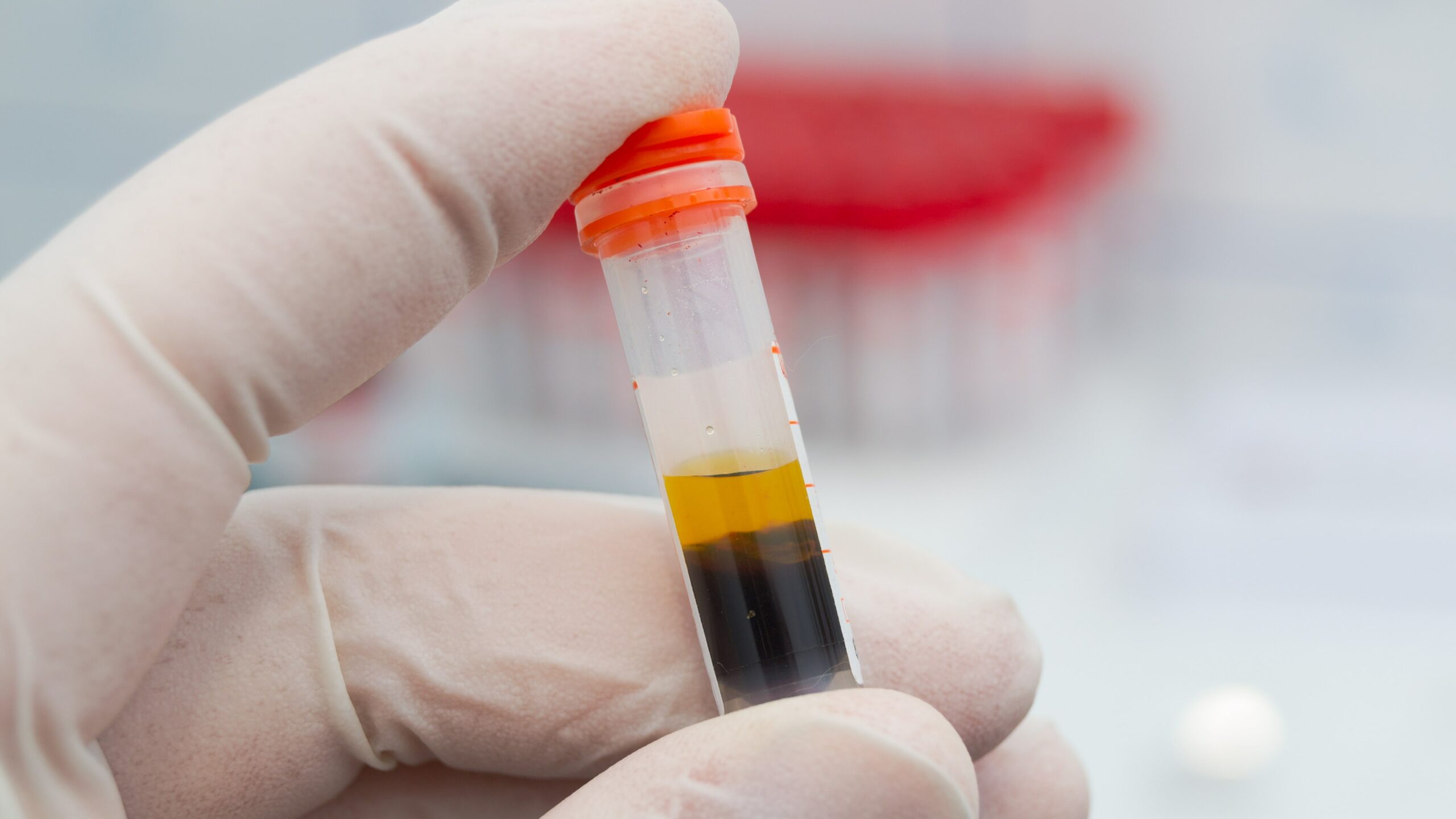
According to Alexander R. Chang, MD, and colleagues, the majority of studies of autosomal dominant polycystic kidney disease (ADPKD) have included specialty cohorts of patients with PKD1 and PKD2, leading to biased estimated of population prevalence of ADPKD-associated gene variants and their phenotypic expression. The researchers conducted a retrospective observational study to examine the prevalence of ADPKD and the contributions of PKD1, PKD2, and other genes associated with kidney disease. Results were reported in JAMA [2022;328(24):2412-2421].
Eligible participants were identified from a large, unselected health system-based cohort in central and northeast Pennsylvania with exome sequencing (enrolled from 2004 to 2020) and electronic health record data (up to October 2021). The genotype-first approach included the overall cohort and the phenotype-first approach focused on patients with diagnosis codes for ADPKD, confirmed by chart and imaging review.
Study exposures were loss-of-function (LOF) variants in PKD1 and PKD2, and other genes associated with cystic kidney disease as well as likely pathogenic missense variants in PKD1 and PKD2. In the genotype-first analysis, the main measure was ADPKD diagnosis code. In the phenotype-first analysis the main outcome was the presence of a rare variant in PKD1, PKD2, or other genes associated with cystic kidney disease.
The overall cohort included 174,172 patients. Median age was 60 years, 60.6% were female, and 93% were of European ancestry. A total of 303 patients had ADPKD diagnosis codes; of those, 235 had sufficient chart review data for confirmation.
Following correction for multiple comparisons, in addition to PKD1 and PKD2 there were associations between LOF variants in IFT140, GANAB, and HNF1B and ADPKD diagnosis. Among patients with LOF variants in PKD1, 97% (n=66/68) had ADPKD, and 100% of patients (n=43/43) with LOF variants in PKD2 had ADPKD. Only 31.2% of patients (n=24/77) with a PKD1 missense variant previously classified as “likely pathogenic” had ADPKD, suggesting misclassification or variable penetrance.
Of the 235 patients with ADPKD diagnosis confirmed by chart review, 76.6% (n=180) had a potential genetic cause, with the majority being rare variants in PKD1 (n=127) or PKD2 (n=34); 8.1% (n=19) had variants in other genes associated with cystic kidney disease.
Of the 235 patients with confirmed ADPKD, 63.8% (n=150) had a family history of ADPKD. The yield for a genetic determinant of ADPKD was higher among those with a family history compared with those without a family history (91.3% vs 50.6%; difference, 40.7%; 95% CI, 29.2%-52.3%; P<.001).
Previously unreported PKD1 and PKD2 and GANAB variants were identified with pedigree data, suggesting pathogenicity, and several PDK1 missense variants previously reported as likely pathogenic appeared to be benign.
“This study demonstrates substantial genetic and phenotypic variability in ADPKD among patients within a regional health system in the United States,” the researchers said.






 © 2025 Mashup Media, LLC, a Formedics Property. All Rights Reserved.
© 2025 Mashup Media, LLC, a Formedics Property. All Rights Reserved.